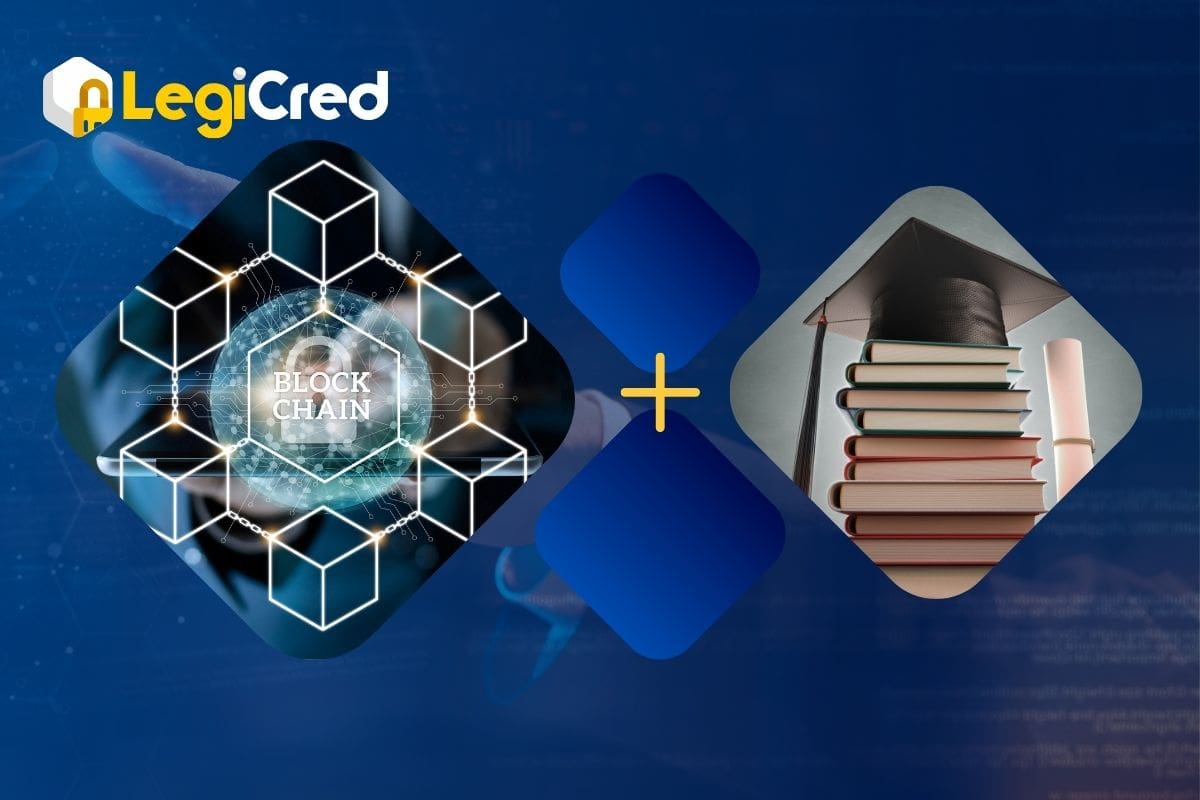
In today’s digital age, the integrity of academic credentials is more crucial than ever. As the world continues to grapple with the challenges posed by fake degrees and credentials, universities are increasingly looking towards innovative solutions to safeguard the authenticity and trustworthiness of their qualifications. Among these solutions, blockchain technology emerges as a powerful tool to revolutionize how academic achievements are recorded, shared, and verified. This blog explores the urgency for universities to adopt blockchain-based credentialing systems in 2024, providing insights into the problem of fake credentials, the role of blockchain in degree certificate verification, and the myriad benefits for educational institutions.
The Problem of Fake Credentials Globally
The issue of fake credentials has plagued the educational and professional landscape for years. From diploma mills selling unaccredited degrees to individuals falsifying their academic records, the ramifications are widespread. Such fraudulent practices undermine the value of genuine qualifications, damage institutional reputations, and can even endanger public safety in sectors where specialized knowledge is paramount.
Blockchain for Degree Certificate Verification
Recognizing the severity of this issue, leading educational institutions like MIT and IIT have started to implement blockchain technology to combat the proliferation of fake credentials. Blockchain, with its decentralized and immutable ledger system, ensures that once an academic credential is recorded, it cannot be altered or forged. This technology enables secure and transparent verification of academic achievements without the need for intermediaries.
For a clearer understanding of how blockchain secures certificates, we recommend watching the video we created on this topic.
Benefits of Blockchain Credentialing for Universities
The adoption of blockchain credentialing platforms brings a host of advantages for universities and their students:

1. Digital Credentials
Blockchain-based credentials are inherently digital, making them easy to share via email or social media. Platforms like LegiCred offer students a digital wallet to store and access their credentials anytime, anywhere, enhancing convenience and lifelong validity. Platforms like LegiCred, a blockchain credentialing platform provides a wallet to each student to safely store their credentials while allowing them to access it anytime anywhere and on any device.
2. Instant Verification
The blockchain enables instant verification of credentials, streamlining the process for employers, educational institutions, and verification agencies, thereby saving time and reducing fraud.
3. University Branding
When students share their blockchain-based credentials online, it not only showcases their achievements but also enhances the visibility of their alma mater. Digital credential pages can direct traffic to the university’s social media and website, improving engagement and outreach. Platforms like LegiCred, a blockchain credentialing platform even provides a banner section on the credential page for students where universities can display banners and configure a click URL for advertising their courses.
4. Monetizing Credential Verification
Universities can introduce a fee for the verification of credentials, creating a new revenue stream. With platforms like LegiCred, this process is facilitated through an integrated payment gateway, making it seamless for both the institution and the verifier.
To see blockchain credentialing in action, check out the LegiCred demo video on their Public Page.
Implementing Blockchain Credentialing with Ease
Integrating blockchain-based credentialing is straightforward with platforms like LegiCred. Whether a university already has an ERP system for grading or needs to implement one from scratch, LegiCred can connect via APIs to existing systems or provide a comprehensive solution for program creation, student management, grade management, and credential issuance.
Conclusion
As we move forward into 2024, the question for universities is not if they should adopt blockchain credentialing, but how quickly they can do so. The time to act is now – to protect the value of academic achievements and to offer students the most secure, verifiable, and accessible means to share their qualifications with the world.
Embark on the Future of Academic Excellence with LegiCred
The transition to blockchain-based academic credentialing is not just a trend; it’s a necessary evolution to preserve the integrity of educational qualifications in the digital era. With platforms like Legicred, universities have the tools at their fingertips to implement this technology smoothly and effectively, ensuring that their credentials remain credible, verifiable, and secure.
Reach out to us to know more!